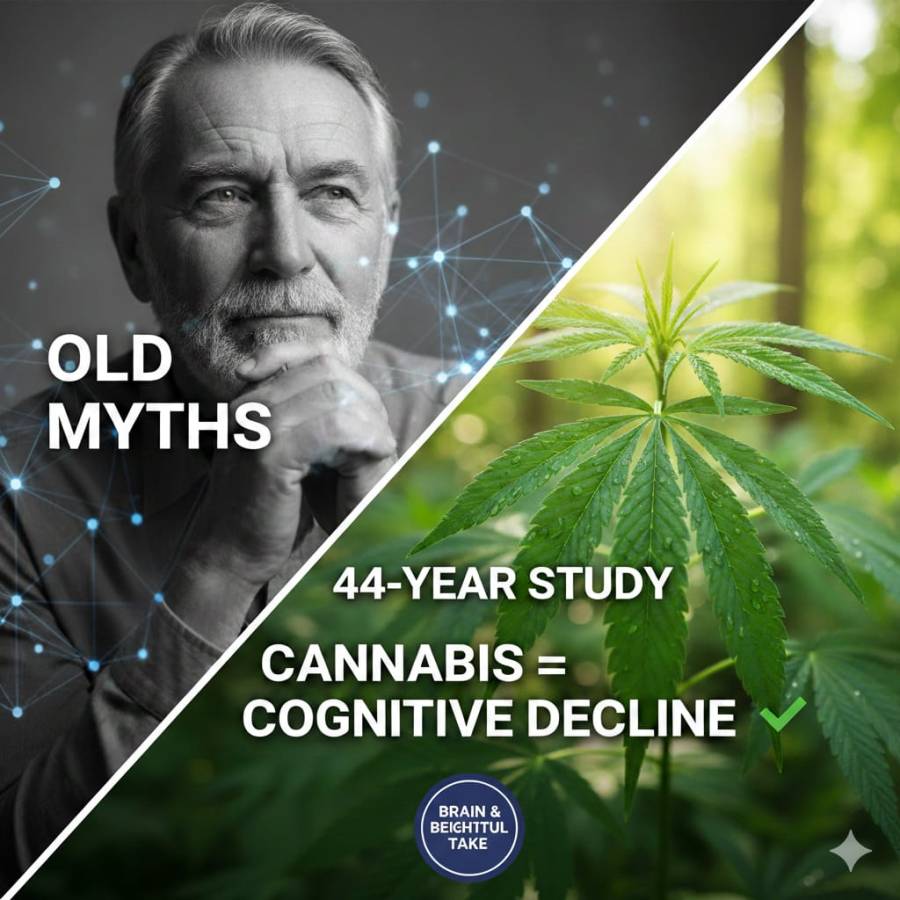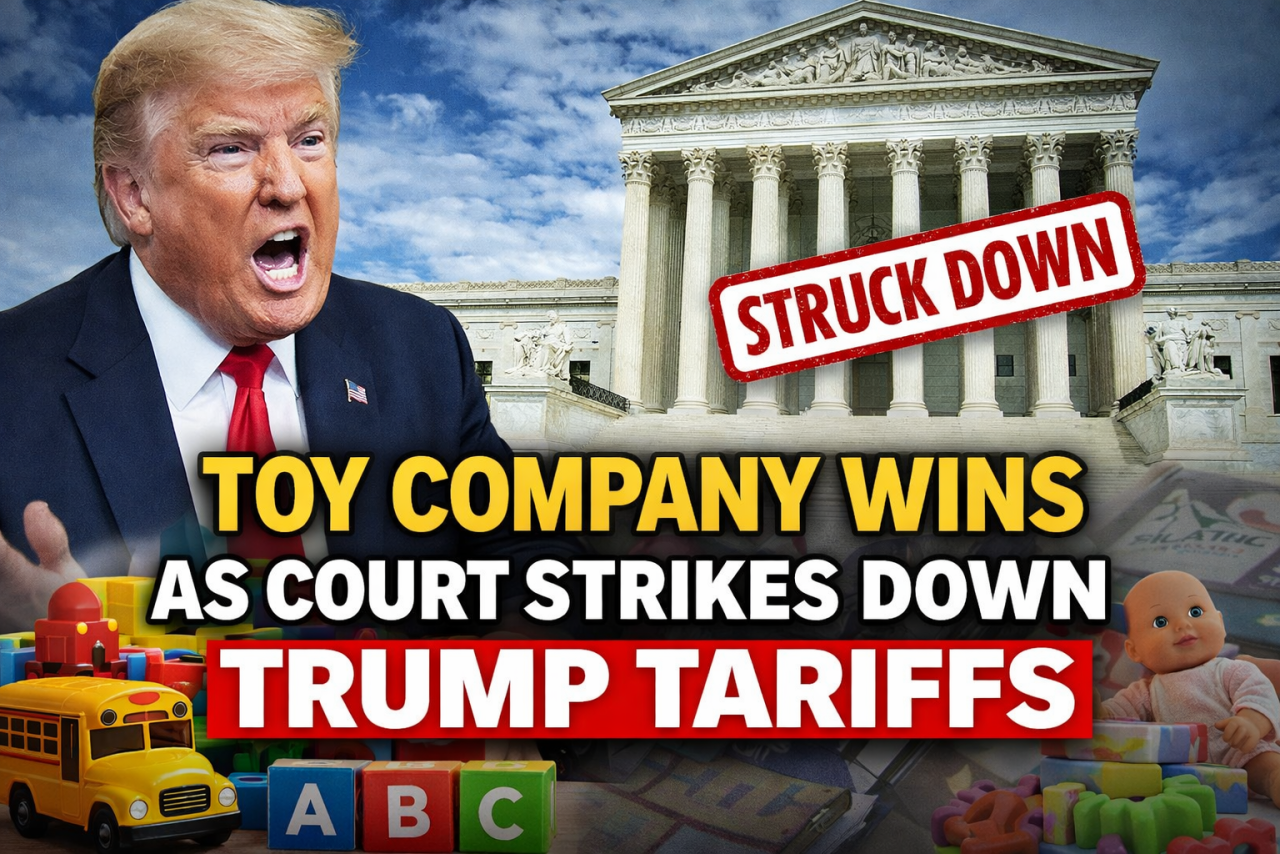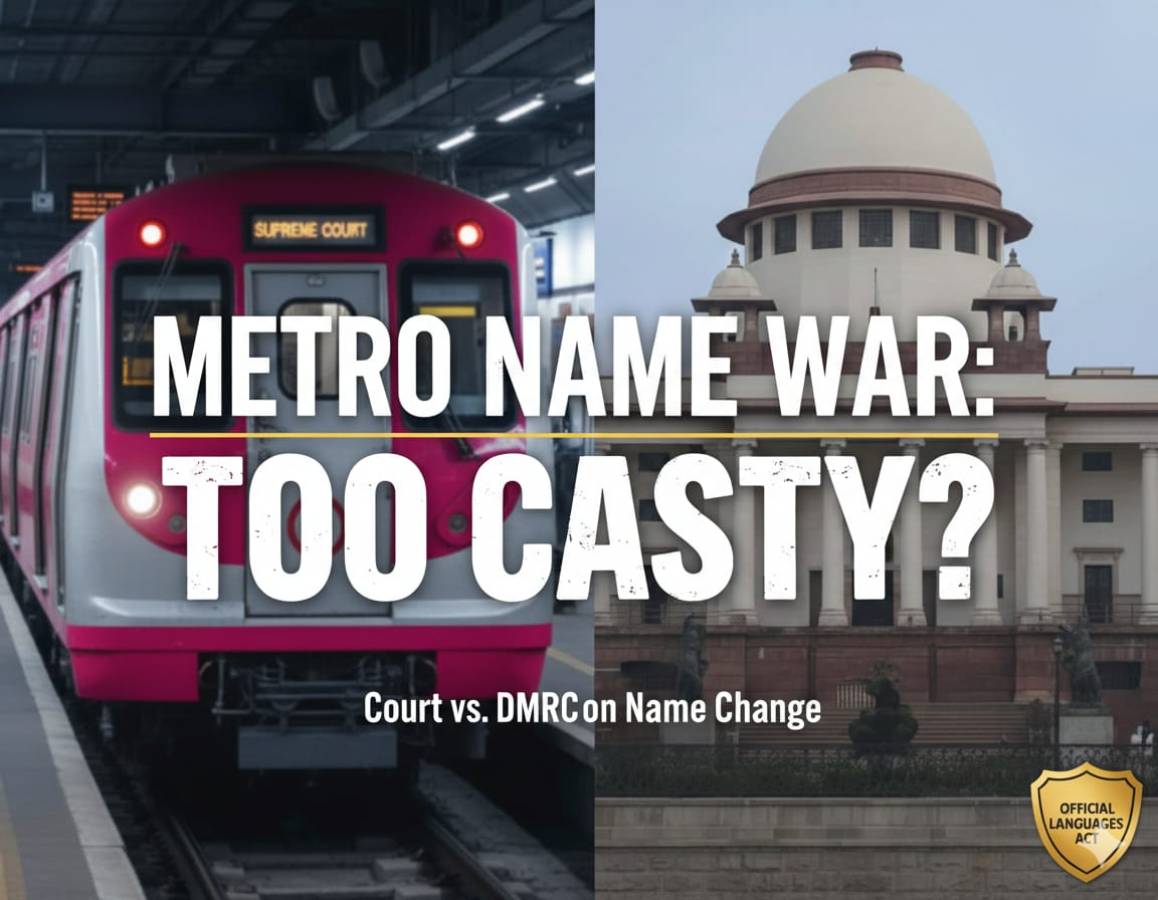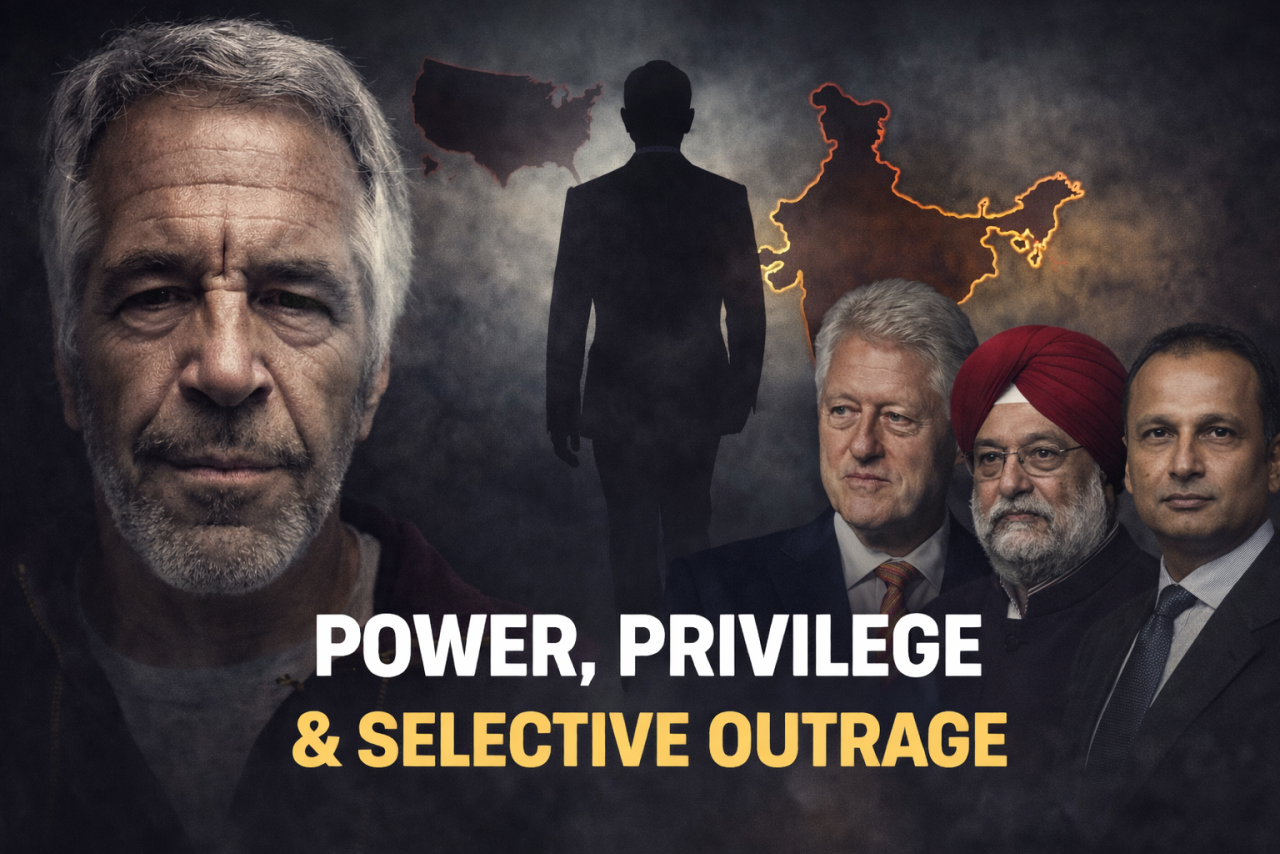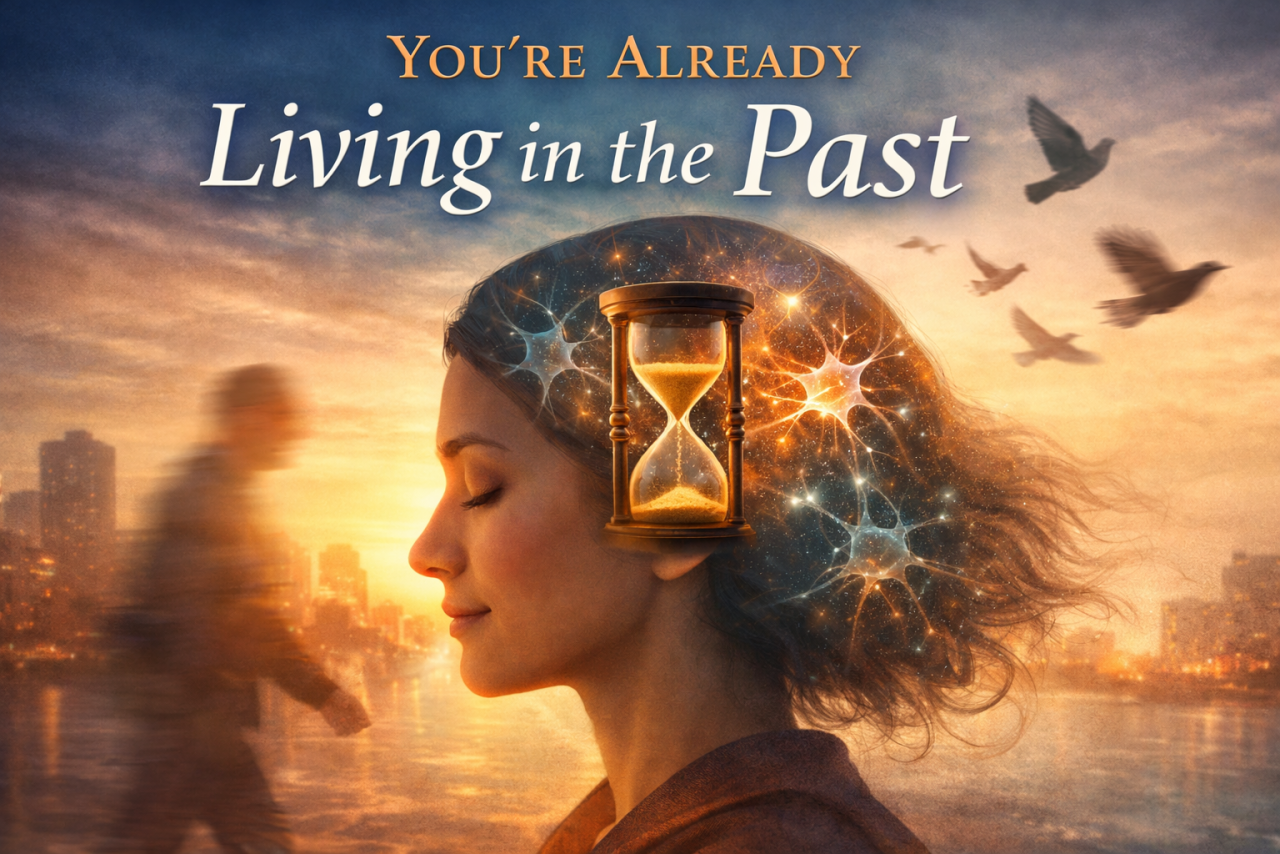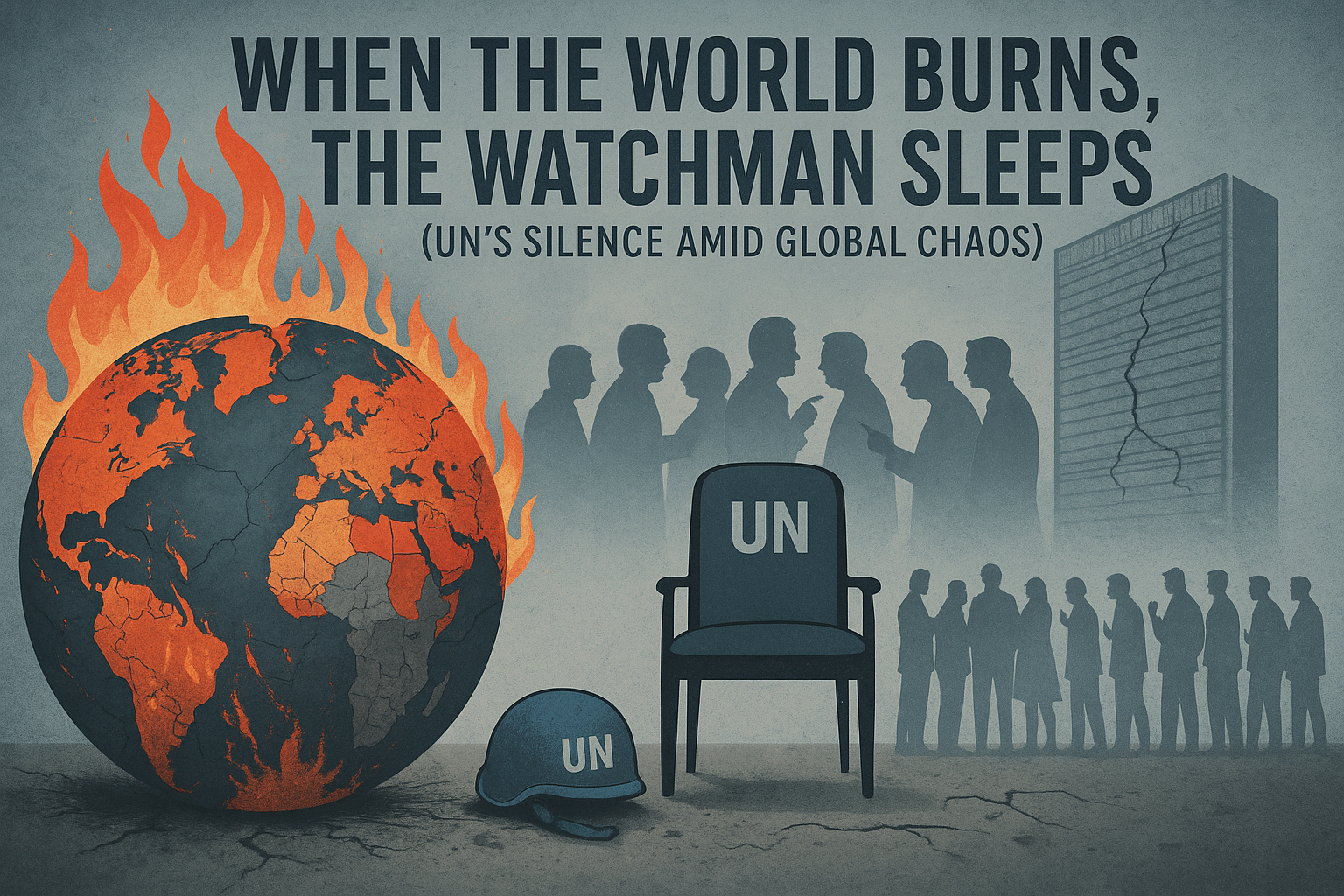
In 1945, when the United Nations was formed in the embers of World War II, the world dared to hope. Hope that never again would tanks roll across borders unchecked. That civilian blood wouldn’t stain the conscience of the powerful. That diplomacy, not destruction, would be the world’s common tongue.
But fast-forward to today’s global reality, and that hope lies battered beneath the rubble of Gaza, the smouldering fields of Ukraine, the silent valleys of Kashmir, and the bitter deserts of Yemen.
The United Nations—the very body created to "save succeeding generations from the scourge of war"—now feels more like an audience than an actor. Its resolutions gather dust, its condemnations echo without consequence, and its Security Council has become a high-table poker game played with vetoes and veiled threats.
Ukraine: A Power War With No Peacekeeper
The Russia-Ukraine war is perhaps the most glaring failure. Over 800 days of brutal combat, tens of thousands dead, cities levelled, nuclear rhetoric hurled like Molotov cocktails. And yet the UN? Mired in bureaucracy, blocked by Russia’s veto at every step, reduced to issuing statements no one listens to.
The very design of the UN Security Council ensures paralysis. The five permanent members (China, France, Russia, the UK, and the US) wield veto power like medieval kings with divine right. When a violator is the judge, justice becomes theatre.
Gaza and Iran-Israel: The Middle East on Fire
The smouldering powder keg of the Middle East has finally exploded. After years of proxy skirmishes and cyber tit-for-tats, Iran and Israel are now engaged in open warfare—an escalation not seen since the 1980s. For over four days, missiles have flown, airstrikes have pounded strategic sites, and red alerts have become the region’s new normal.
This is no longer a cold war fought in shadows—it’s direct confrontation. What began as a response to the Gaza conflict has metastasized into a multi-front crisis: Hezbollah’s volleys from Lebanon, Iranian drones crossing into Israeli airspace, and Israeli retaliation deep into Iranian military infrastructure.
And yet, the United Nations? Still wringing its hands. Meetings, statements, calls for restraint—but no real action. The Security Council, predictably paralysed by vetoes and geopolitical loyalties, can neither condemn nor contain. Western powers shield Israel; Eastern blocs hedge on Iran. Meanwhile, the Middle East burns.
Humanitarian corridors remain fantasies. Civilians on both sides bear the brunt of political bravado. And in this theatre of devastation, the UN seems more like a stagehand than a director—present, but powerless.
India-Pakistan: The Forgotten Flashpoint
The Indo-Pak equation, especially post-2019, remains a nuclear flashpoint with global implications. Cross-border skirmishes, rhetoric of “surgical strikes,” and mutual blame games continue unabated. Yet, the UN has practically resigned from the theatre, making occasional murmurs but avoiding the stage entirely—lest it offend either side or their respective patrons.
Kashmir, once a staple of UN debates, now barely earns a paragraph in peace reports. The subcontinent has been left to simmer—its volatility ignored, until the next escalation grabs headlines.
The Skirmishes the UN Doesn’t Even See
Ethiopia, Sudan, Myanmar, Haiti, Syria—conflicts where the UN barely shows up in headlines anymore, let alone in action. There are no blue helmets, no binding resolutions, no global outcry. The message is clear: unless your war affects oil, nukes, or NATO, don’t expect much.
These regions bleed in silence. Their suffering is too politically inconvenient to merit sustained attention. Even humanitarian aid becomes entangled in diplomatic red tape.
When Peacekeeping Becomes Lip Service
To be fair, the UN is not a country—it has no army, no economy, no real enforcement mechanism beyond what its members allow. But that’s precisely the problem. An organisation built on consensus can’t function in a world fractured by competing egos and economic interests.
Its peacekeeping missions, once the pride of international cooperation, now feel outdated. Blue helmets are often deployed late, underfunded, and caught in a web of mandates that render them helpless.
The Responsibility to Protect (R2P), once a buzzword of moral intervention, has quietly exited global discourse.
Is Reform Possible or Is the UN Obsolete?
Calls for reform have echoed for decades. Expanding the Security Council, ending the veto power, increasing representation for the Global South—these ideas are not new. But they remain dreams deferred. Why? Because those who benefit from the current order control the levers of change.
So, we are left with an uncomfortable reality: a 20th-century institution trying to referee 21st-century chaos, armed with outdated tools, unclear authority, and unwilling partners.
The Insightful Question
In 2025, the world is not short of diplomats, summits, or peace charters. It is short of courage, sincerity, and enforceable global justice. The UN was meant to be the conscience of the world. But when the conscience is compromised, who speaks for the voiceless?
As the fires of war rage on—from Kyiv to Kashmir, from Rafah to Tehran—the UN must ask itself: Are we guardians of peace, or just bystanders in blue?















